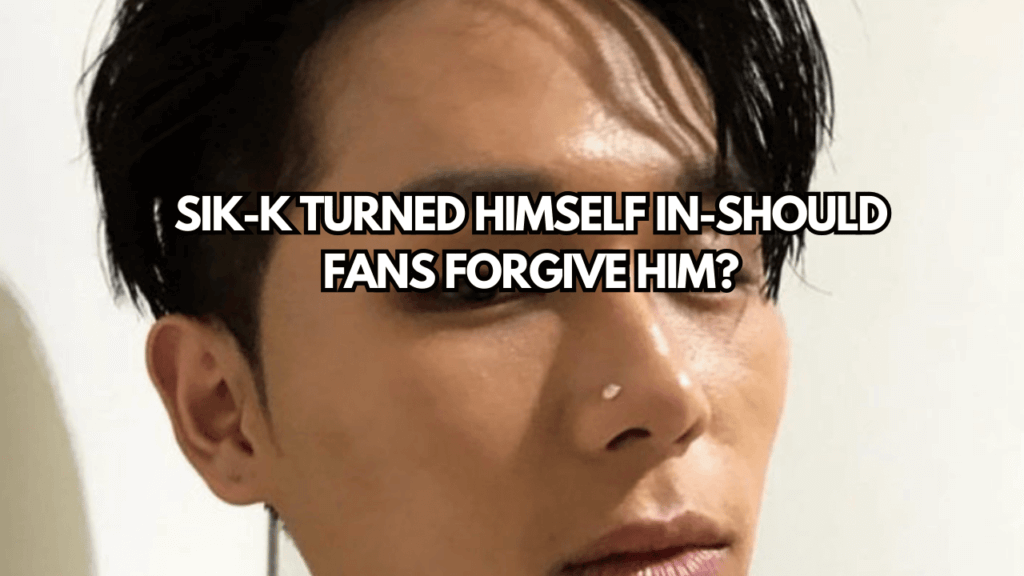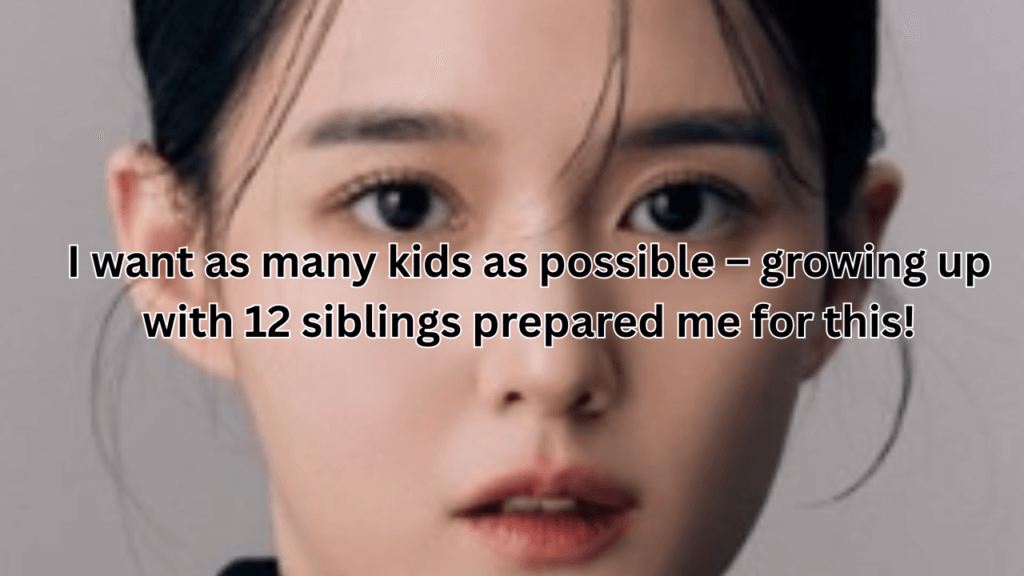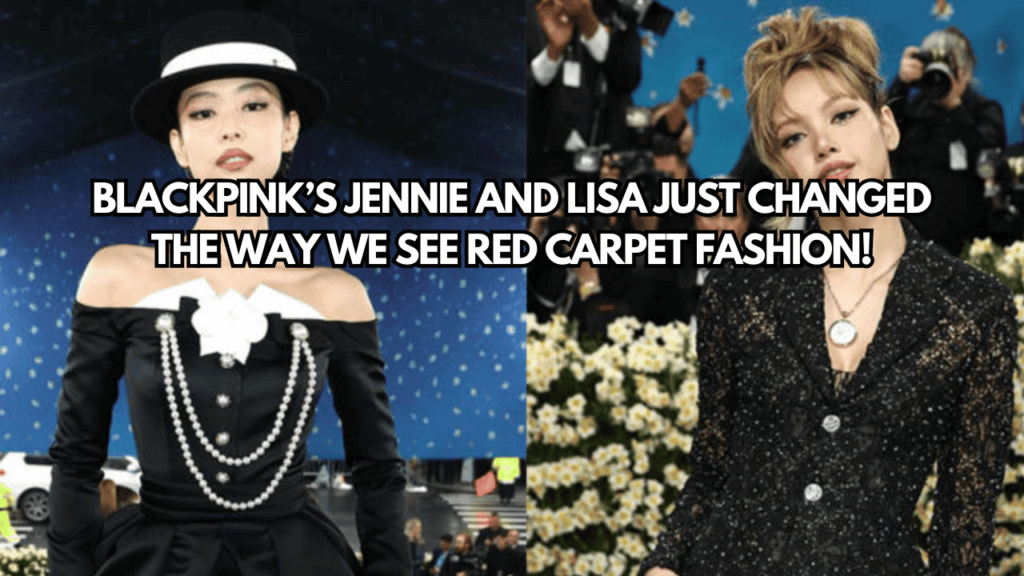Korean Plastic Surgery Transformations Raise Eyebrows Among K-Netizens
South Korea shines brightly as the world’s plastic surgery capital, where Korean plastic surgery transformations have become almost as famous as K-pop itself! The beauty-obsessed nation has embraced cosmetic procedures as part of its cultural fabric, with countless individuals seeking that perfect look. Recently, however, one particular show has got Seoul buzzing with controversy, and our Seoul Crushers can’t stop talking about it!
The Evolution of Korean Plastic Surgery Shows
Korean plastic surgery transformations have been showcased on television for years, captivating audiences with dramatic before-and-after reveals. The wildly popular show “Let Me In” (also known as “Let Beauty”) once dominated screens across the nation. What made this program somewhat acceptable to viewers was its focus on helping people with genuine medical conditions. Participants often had severe jaw misalignments or rare facial conditions that affected their daily lives. The surgeries performed were considered more reconstructive than purely cosmetic, aiming to improve both appearance and quality of life.
The procedures were dramatic, yes, but many viewers felt they served a purpose beyond mere vanity. Doctors worked to correct functional issues while simultaneously enhancing appearance. These Korean plastic surgery transformations were considered life-changing in a positive way, giving participants renewed confidence and improved physical function.
See also: Rowoon Calvin Klein Underwear Campaign Reveals Actor’s Stunning Physique
Make Me Girl: Taking Korean Plastic Surgery Transformations Too Far?
The new sensation “Make Me Girl” has taken Korean plastic surgery transformations in a different—and according to many netizens—troubling direction. Unlike its predecessor, this show appears to focus on cosmetic enhancements for individuals who don’t necessarily have medical conditions requiring surgical intervention.
A concerned K-netizen recently shared shocking before-and-after photos from the program, sparking intense online debate. “Plastic surgery makeover shows like ‘Let Me In’ are seriously concerning,” they wrote. “I still vividly remember ‘Let Me In’ because it helped people with severe jaw misalignment or rare facial conditions. But ‘Make Me Girl’ is the opposite. The results after surgery are actually more shocking…”
What’s particularly alarming to many Korean plastic surgery transformation observers is how the participants looked perfectly fine before going under the knife. The procedures appear to create a standardized look, with many commenting that the “after” photos show participants with nearly identical features—especially their noses. This cookie-cutter approach to beauty has many questioning the show’s ethics and the message it sends to impressionable viewers.
Korea’s Beauty Standards Under Fire
The Korean plastic surgery transformations on “Make Me Girl” have reignited conversations about Korea’s beauty standards and the social pressure to conform. K-netizens have flooded comment sections with their thoughts, and the consensus seems clear: these transformations may have gone too far.
“They all look fine before the surgery,” wrote one netizen, echoing a common sentiment. Another pointed out, “Their nose shape after surgery all look the same,” highlighting the standardization of beauty that many find troubling. Some observers noted that even the more medical-focused “Let Me In” occasionally performed unnecessary procedures, but “Make Me Girl” takes this tendency to another level.
Perhaps most telling was the comment: “Korea really has a serious issue with lookism.” This powerful statement reflects growing awareness and criticism of the intense pressure Korean society places on appearance. Korean plastic surgery transformations may be normalized, but many citizens are beginning to question whether shows like “Make Me Girl” are healthy reflections of their culture.
Final Thoughts on Korean Plastic Surgery Transformations in Entertainment
The controversy surrounding “Make Me Girl” highlights the complex relationship South Korea has with beauty and cosmetic enhancement. While Korean plastic surgery transformations remain popular, the extreme nature of these televised procedures has clearly touched a nerve with viewers.
As the conversation continues, many hope for a more balanced approach to beauty in Korean media—one that celebrates diversity rather than conformity to a single standard. What do you think, Seoul Crushers? Has “Make Me Girl” gone too far with its dramatic transformations, or is it simply entertainment? Share your thoughts in the comments below!






